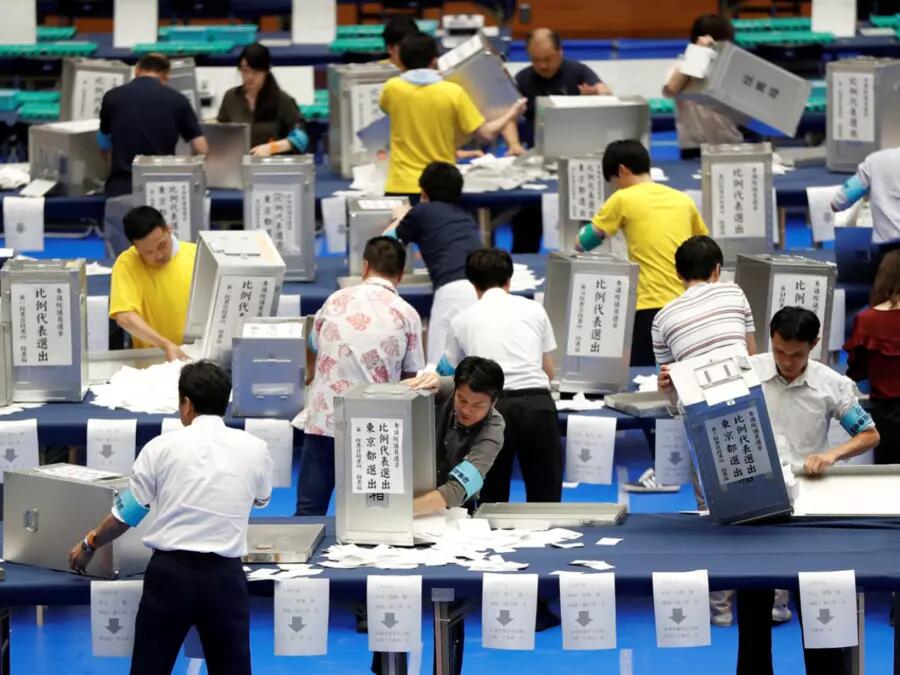
Incumbency Disadvantage under Electoral Rules with Intraparty Competition: Evidence from Japan
Many studies have shown that incumbent candidates have an electoral advantage over nonincumbents under single-member-district systems, but less is known about whether incumbents enjoy the same electoral bonus under other electoral rules. This article focuses on multimember-district systems that allow intraparty competition and contends that incumbents may have little advantage or even a disadvantage over nonincumbents of the same party under these systems, although the incentives to cultivate a personal vote—one of the main sources of incumbency advantage—are greater in these systems. I demonstrate my argument using electoral data from Japan during 1958–93 when the country used the single nontransferable vote system. Having applied an estimation of incumbency advantage immune to endogeneity bias due to strategic retirement, I find supportive evidence to my argument. The results suggest that there is an important variation in incumbency advantage across electoral systems.